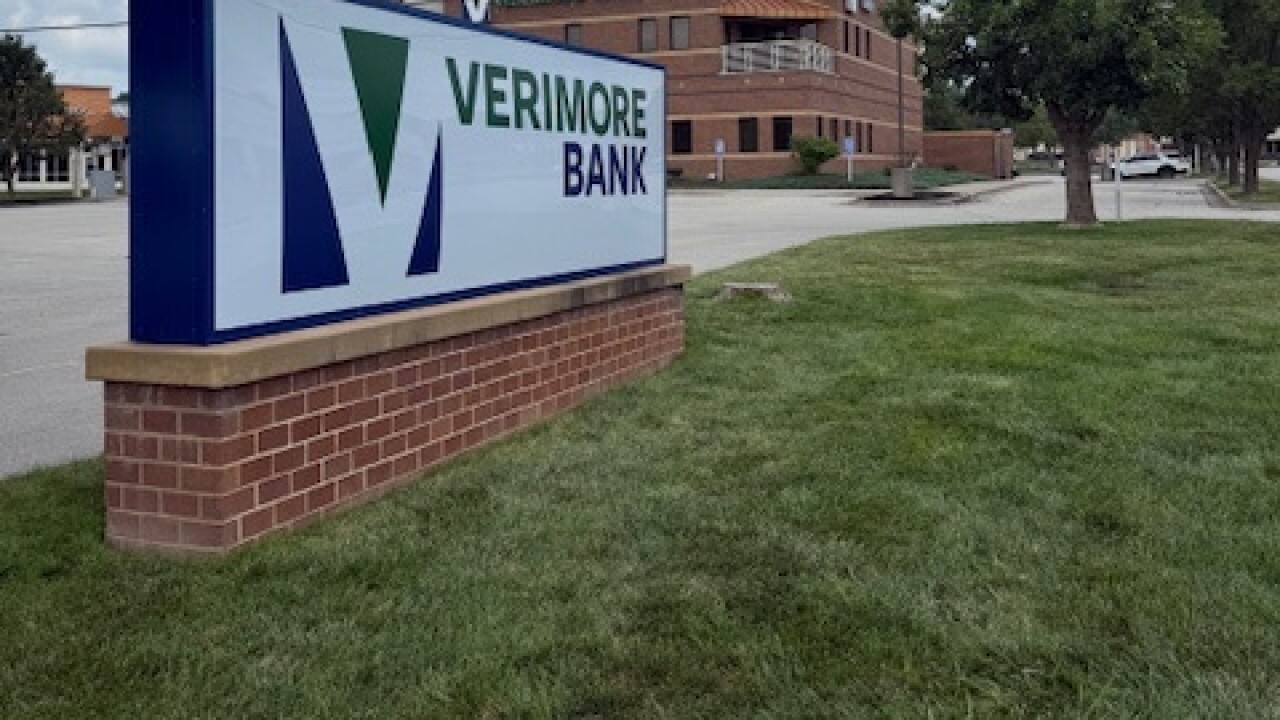Three former executives of Washington Mutual Inc. have agreed to settle a civil lawsuit stemming from the biggest-ever U.S. bank failure for less than 10% of the $900 million that was sought by federal regulators, according to people familiar with the situation.
The deal would mark the latest setback for the government in a high-profile, financial-crisis-related case. The lion's share of the payout, which is expected to total less than $75 million, would come from insurers and the bank's estate - not from the pockets of the former executives.
Though only a fraction of the amount sought by the Federal Deposit Insurance Corp., the payout would be among the largest since the financial crisis and would end the most prominent attempt by the agency to bring cases against bank executives for alleged wrongdoing.
The FDIC, in a lawsuit filed in federal court in Seattle in March, accused former Chief Executive Kerry Killinger, ex-President Stephen Rotella, and David Schneider, the bank's former home-loans president, of taking gambles that sparked the thrift's collapse in 2008. The agency also accused the three, along with the wives of Messrs. Killinger and Rotella, of seeking to shield cash and their houses from legal claims. The three former executives received a total of $95 million in compensation between 2005 and 2008, the FDIC said in its lawsuit.
A lawyer for Messrs. Rotella and Schneider said a settlement had been reached but declined to comment about the dollar amount. The settlement also would end litigation against their wives. A lawyer for Mr. Killinger declined to comment, as did the FDIC. The defendants didn't admit or deny any wrongdoing in settling the suit.
In its lawsuit, the FDIC alleged the three executives "focused on short term gains to increase their own compensation, with reckless disregard for WaMu's longer-term safety and soundness."
The three denied the allegations. Mr. Rotella said last March in a statement that it was "patently unfair for the FDIC to expect an individual to have perfect foresight into a crisis that the FDIC itself did not see coming." Mr. Killinger said in a statement in March that "the management of Washington Mutual was sound and prudent." He said banking regulators had reviewed the bank's position and had "unfettered access" to its books in the months leading up to its collapse.
Messrs. Killinger, Rotella and Schneider had asked for the case to be thrown out. In harshly worded filings, they accused the FDIC of trying to deflect criticism of its handling of Washington Mutual's troubles, which ended with the FDIC's September 2008 seizure of its banking assets and their sale to J.P. Morgan Chase & Co. The FDIC, which didn't suffer any losses in taking over Washington Mutual, plans to use the funds it recovers in the lawsuit to defray the cost of other bank failures.
A criminal investigation involving Washington Mutual was closed by the attorney's office in Seattle earlier this year, with no charges being brought.
Regulators have had more success with civil enforcement actions related to the financial crisis, partly because officials pursuing civil proceedings don't have to prove intentional wrongdoing.
Legal experts are expecting a wave of civil settlements in coming years. The FDIC's board has authorized lawsuits seeking total damage claims of at least $7.6 billion against 373 individuals who were involved with 41 failed institutions. In many cases it is targeting the directors and officers insurance proceeds left behind by the failed bank, a tactic FDIC also employed during the savings and loan bust of the late 1980s and early 1990s.
The FDIC's willingness to settle for significantly less than the amount sought in the Washington Mutual case was "probably in large part driven by what's remaining in the directors and officers liability insurance policies," said Kevin LaCroix, executive vice president at broker OakBridge Insurance Services LLC.
The Washington Mutual insurance fund already was tapped earlier this year during a $208.5 million settlement of a separate shareholder class action lawsuit against former executives and directors and other co-defendants. The federal suit alleged Washington Mutual failed to stop investors from investing in the company when it knew, or should have known, the extent of its troubles. More than half of the total will be covered by insurance, according to the settlement document.
There are three components to the new Washington Mutual settlement: the cash from the insurance proceeds, a minimal amount of cash from the three individuals and a potential release of other claims from Washington Mutual's bankruptcy case, such as executive severance payments that would be turned over to the FDIC, said people familiar with the matter.
The last piece of the pact could vary depending on how much those bankruptcy claims are paid out, said a person familiar with the matter.
Washington Mutual's parent has been in bankruptcy court for more than three years.





